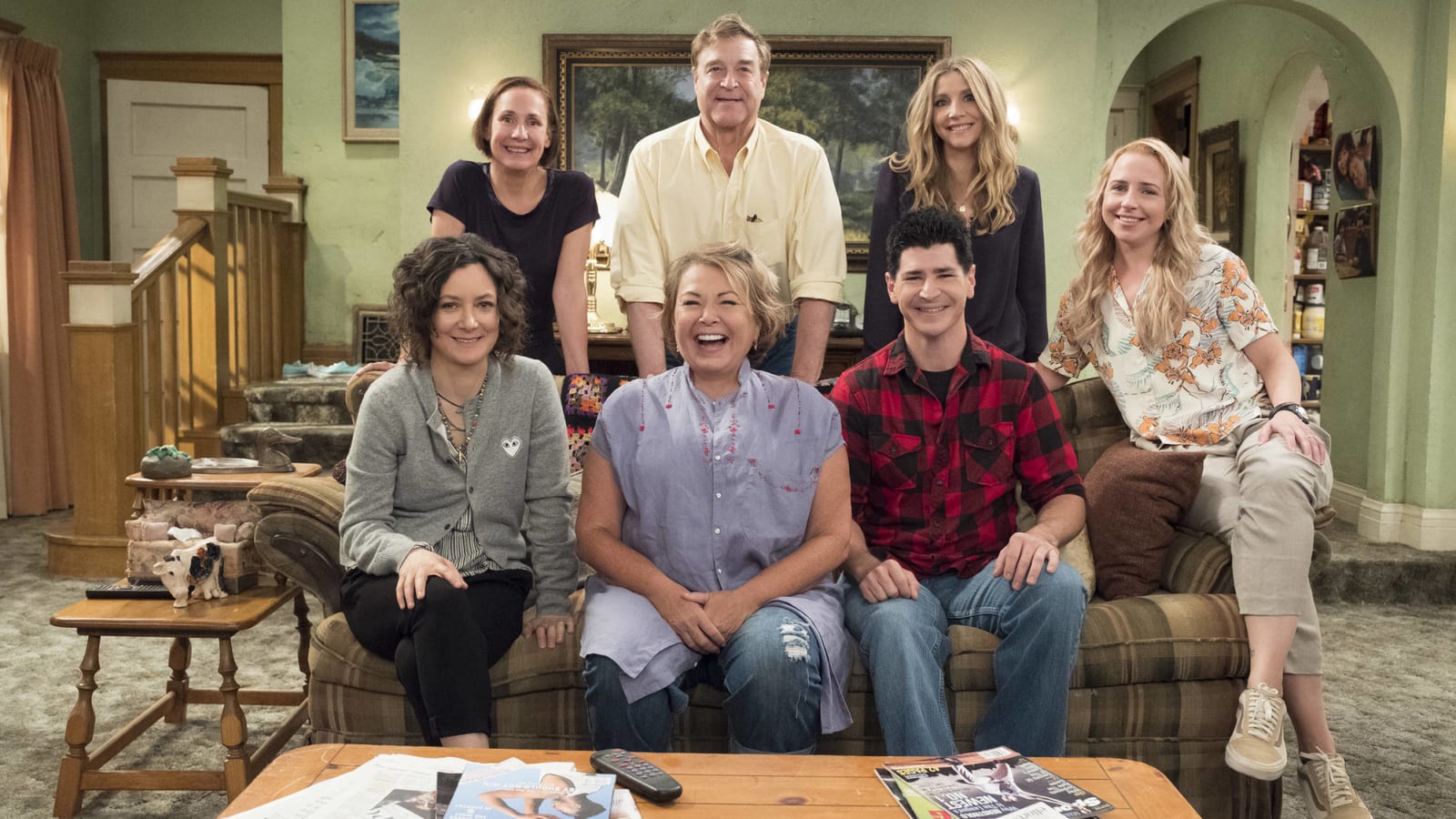
How 'Roseanne' changed the average prime-time family
If one were to assess the American economy in 1987 strictly by examining television's most popular sitcom families, they would be forced to conclude that it was thriving. The Huxtables, the Seavers, the Bowers, and the Keatons faced many unique challenges, but one problem that never reared its hideous noggin was the fear of poverty. All of these broods were comfortably middle class, if not upper-middle class. It would take an act of god combined with a spate of bad investments to make these people poor.
Then came the Conners.
When “Roseanne” premiered on ABC in the fall of 1988, it brought the network sitcom into the home of a working class family that was one factory closing away from financial catastrophe. Inspired by the brash stand-up comedy of its eponymous “domestic goddess” Roseanne Barr, the show was a necessary end-of-the-Reagan-era shattering of an upscale façade that had been broadcast into living rooms throughout the decade. Not surprisingly, it was an instant Nielsen-ratings smash; millions of TV viewers at last had a sitcom that reflected their reality, and they mostly stuck with the show for all of its critically acclaimed nine seasons.
But will they come back 21 years later when “Roseanne” returns for its 10th season? It's a vastly different television landscape. Sitcom programming is no longer the sole domain of the major networks, while just about every content boundary imaginable has been shattered. Whether “Roseanne” can stand out in this climate will depend on the ingenuity of its writers and the fearlessness of its star, but even if it falls short, the Conners' groundbreaking legacy will remain undiminished.
It was considered revolutionary in 1988 just to set a show in a low-income home, where Roseanne and her husband Dan (John Goodman) scrambled to provide for their three children, Becky (Lecy Goranson, later replaced by Sarah Chalke), Darlene (Sara Gilbert) and D.J. (Michael Fishman). The first few seasons found Roseanne and Dan getting hired and fired and eventually starting their own business (which failed), but Barr and her writers eventually looked beyond class issues to deal with such network no-go areas as teen sex, abortion and homosexuality. That's where the show left an indelible mark.
The brilliance of “Roseanne” is that these hot-button topics arose organically from the characters. Becky is deeply in love with her boyfriend, so it’s only natural she would consult her mother about birth control. Roseanne becomes unexpectedly pregnant, so, given the Conners' uncertain financial situation, it makes practical sense to consider abortion. Roseanne’s sister, Jackie (Laurie Metcalf), is chronically unlucky in love, so it’s sadly not out-of-character for her to end up in a physically abusive relationship (we ultimately learn her inability to maintain a healthy hetero relationship is due to her being gay).
“Roseanne” was candidly addressing these difficult subjects years before “Ellen,” “Will & Grace” or “Modern Family,” but it did so without pandering; more importantly, as one of the top rated shows on television throughout most of its run, it brought these thorny issues into conservative homes where they were typically verboten. "Roseanne" didn’t tell its viewers how to feel, but, by putting characters they loved through life’s wringer, it at least engaged them on an emotional level they might not experience in real life.
Two decades later, the provocation continues. When viewers tune in on March 27, they’ll be reacquainted with Roseanne Conner, Trump voter. It’s easy to imagine a huge swath of viewers being turned off by this surface-level development, but it also feels foolish to bet against the substance of “Roseanne.”
More must-reads:
- Memorable crime movies set during the Christmas season
- Heart is in the home: The 25 best family sitcoms of all time
Breaking News
Trending in Entertainment
Customize Your Newsletter
 +
+
Get the latest news and rumors, customized to your favorite sports and teams. Emailed daily. Always free!








